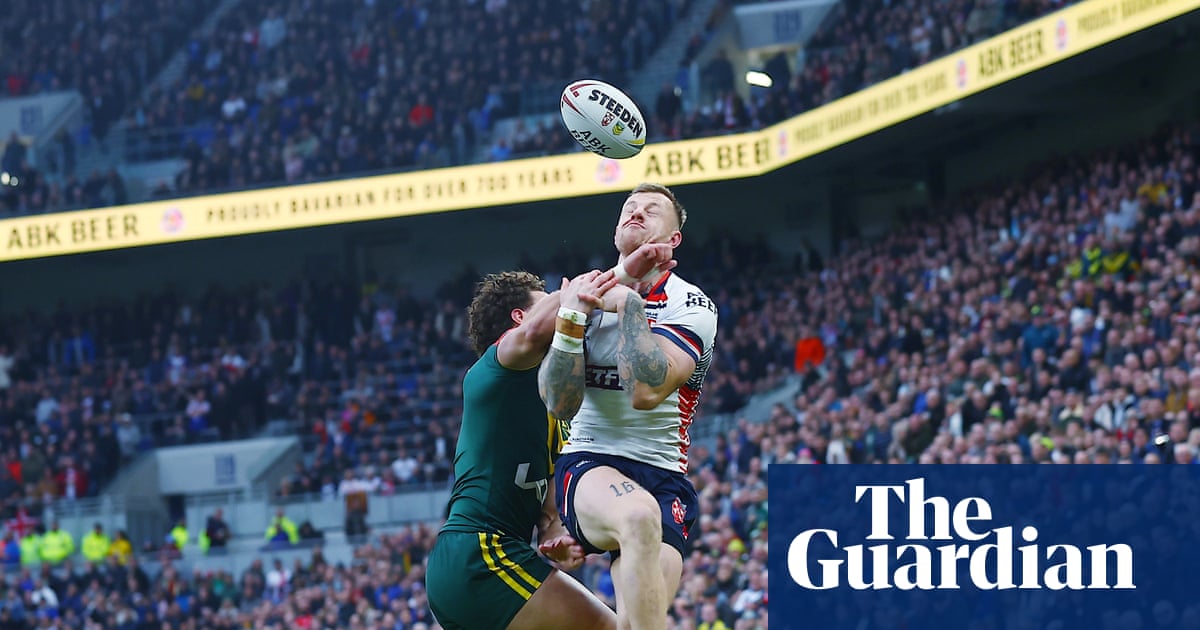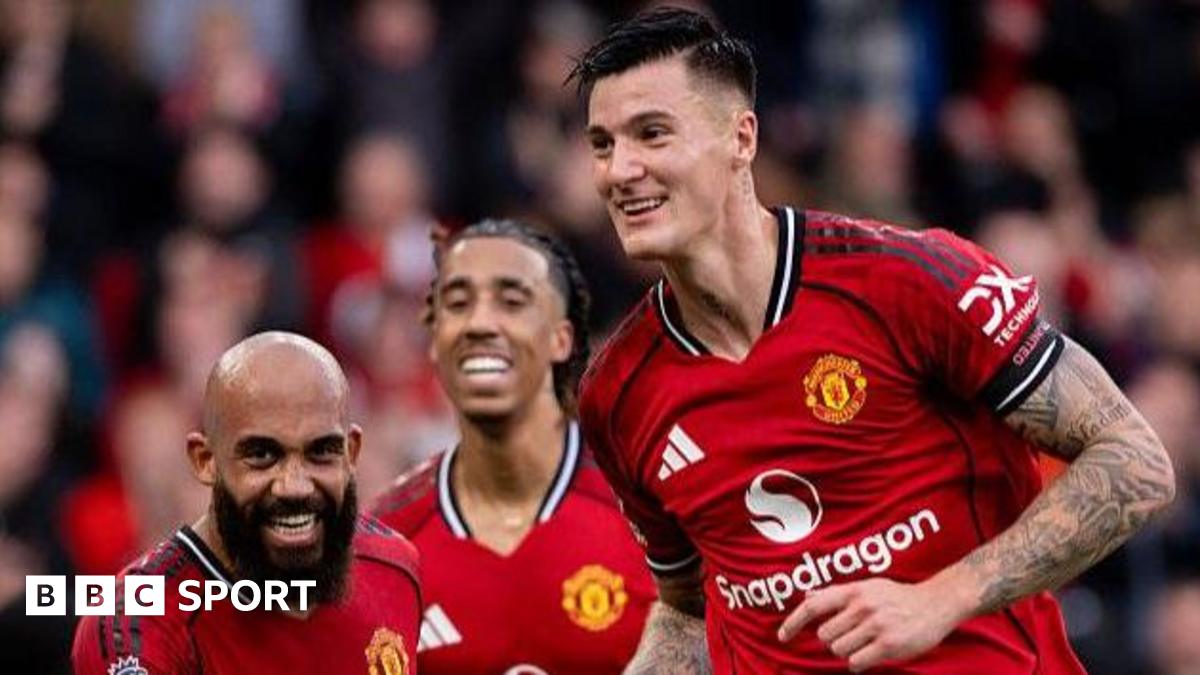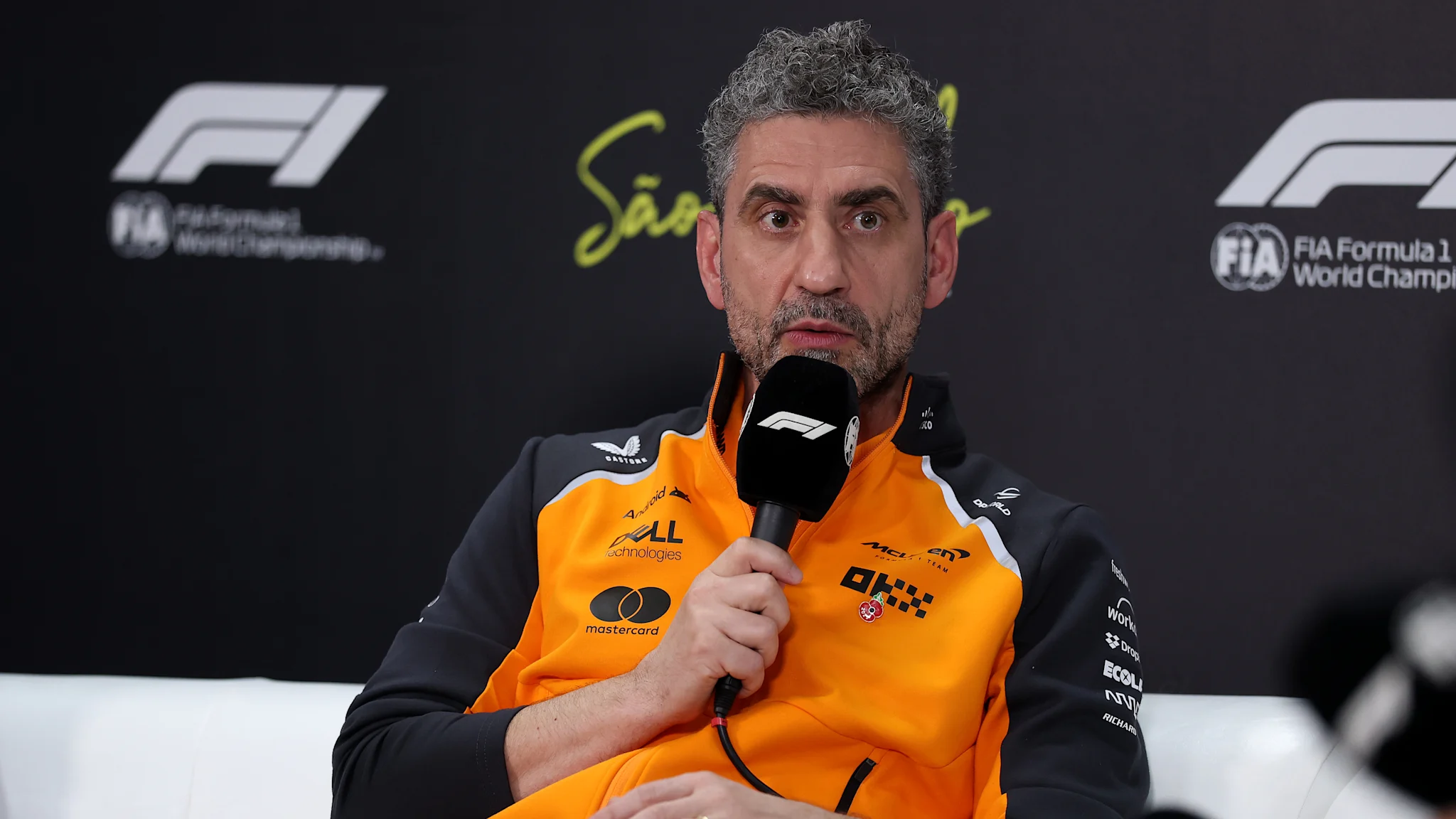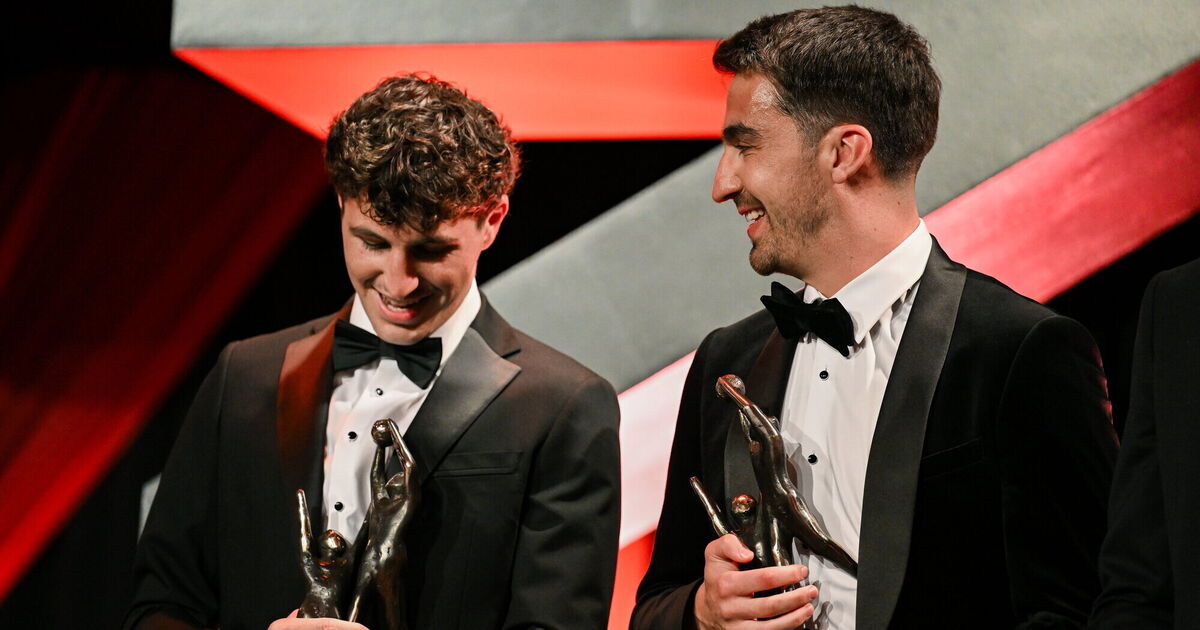World Cup questions loom after missed opportunity for English rugby league

Saturday’s third and final Test has been described as a dead rubber and in terms of the outcome of this year’s Ashes series, that is undeniably the case. But the encounter in Leeds – possibly the last game England will play before next year’s World Cup – is anything but in terms of finding the answers to the questions which have arisen for the national side over the past few weeks.Even the most optimistic of souls at the Rugby Football League would argue this has been a series that has not hit the mark from an English perspective. As such, a series whitewash being completed by Australia at Headingley on Saturday afternoon will leave questions hanging over the England coach, Shaun Wane, and whether he can lead the side into the World Cup in 2026.For what it is worth, the players are collectively supportive of Wane staying and there is no suggestion from the RFL that a change would be considered. But for all the pre-series talk, this has ended up feeling like a missed opportunity for English rugby league – not least because the Kangaroos have been below par by their own admission.There is an argument that the performance of Reece Walsh at Wembley in game one has prevented this series from going to a decider. But England have lacked any sort of killer instinct in attack; one try scored in 160 minutes of rugby underlines that perfectly. Questions will, therefore, have to fall at the door of the performance team if Saturday delivers another repeat.However, it is difficult not to feel a modicum of sympathy for Wane and the England side given the appalling level of buildup they have been afforded. The RFL could not tell you loudly enough that this was the most important series for British rugby league in years, which makes the amount of time the national side have had to prepare simply laughable.Prior to going into camp last month, the last time England’s players were on a field together was a full year ago, in the Test match against Samoa. Since then? No warmup games for the Ashes, no training sessions due to Super League’s rigorous schedule and not even a chance to prepare like an England side would in any other sport.It is embarrassing. England are trying to bridge the gap to the world’s best and in reality, they are drifting further away as the national side are treated as second-class citizens in favour of club rugby league. Until that changes, England will continue to stagnate: something Wane admitted this week.“We don’t get together until the start of the World Cup [next year] and we’re expected to do something. I’m not moaning about it because that’s a fact – nobody can argue that’s not the way it is. If they want us to be better, we need to be together more.”He even said he had been told “nothing” about whether or not there would be a mid-season Test next year. That makes it entirely possible Saturday’s game against the Kangaroos is the final time England will take to the field before their opening World Cup game.Meanwhile, England’s players are subjected to a season that is too long and with not enough intensity compared with their Australian counterparts. “Our players are playing 30-odd games [in Super League] … reasons like that are going to hinder your performance at the end of the season,” Wane said. “It’s just really tough what we ask of our players.”The players want to play for England more often. Joe Burgess, the Hull KR winger who will end his 10-year absence from the national team on Saturday as one of two changes – Leeds’ Harry Newman replaces Jake Wardle at centre, with Burgess coming in for the injured Dom Young – said this week he would like to see more priority given to England.“Definitely. It’s the ultimate reward. The more caps, the better. There needs to be more – there definitely needs to be a mid-season Test.” Will the players have their voices listened to? Who knows. But until the treatment of the national team from the wider game is improved, it’s hard to imagine where England go next.The sobering reality is that as things stand, Saturday afternoon will be the last chance to watch England on home soil until autumn 2027. That makes it doubly important to sign off this series with a message that moving forward, there is hope. Not just disappointment.








